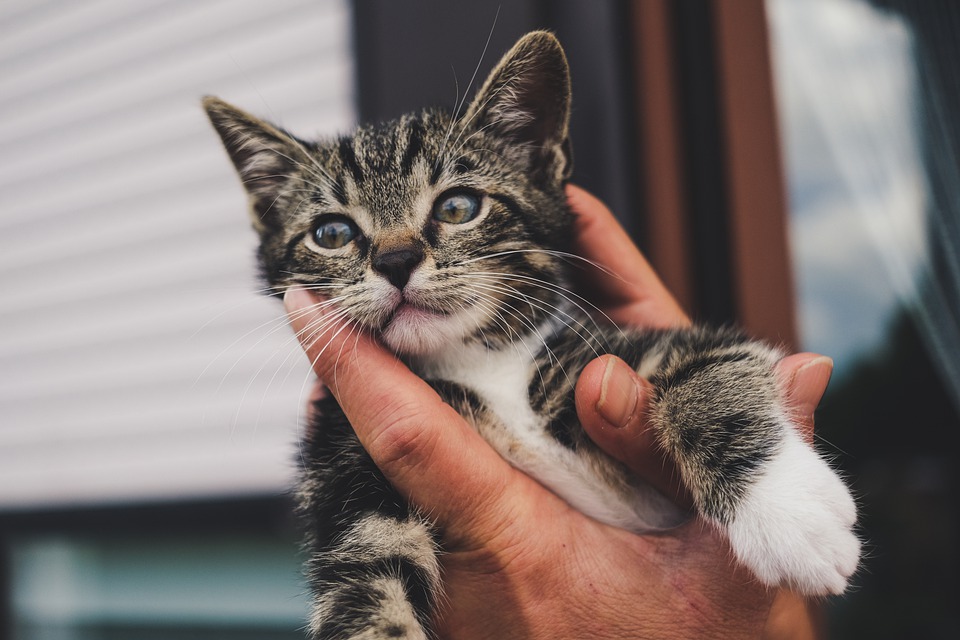
Kitten
Do you own or plan to own a kitten? Raising and caring for kittens properly is essential to ensure that they develop into social and healthy cats. If you’re bringing home a kitten soon, solid preparation is half the battle! Here are some tips and facts we’ve gathered to help you with your little four-legged friend’s first steps!
1) Preparing Their Home
Kittens need to express their natural behavior, and a well-furnished cat house can prevent many (behavioral) problems. For instance, does your kitten scratch the couch? If so, it could be due to a lack of scratching material or the items being placed in the wrong place in the house. This is why it’s vital to make your home as cat-friendly as possible before the kittens arrive.
Like children, kittens are naturally curious. They touch everything, chew on everything, and love to explore the home. Hence, you should examine every corner of the house carefully to make sure it is safe. For instance, make sure to:
-Hide any loose wires.
-Keep all harmful products away. Think of medicines, plants, pesticides, cleaning products, and poisonous foods to animals such as chocolate.
-Place safety corners on sharp edges.
2) Proper Nutrition
Cat food comes in many varieties. Regardless of which one you choose, make sure that the food is specifically formulated for kittens. It contains all the essential nutrients that kittens need to grow. The breeder or shelter will usually give you the food so that the kittens don’t have to change it right away. The food switch should be done carefully and gradually, especially for kittens.
Did you know that cats in the wild eat about 13 small meals a day? Therefore, kittens should be fed small amounts of cat food a couple of times a day. Cats cannot handle a large amount of food at one time. Don’t keep them without food for too long since fasting can cause feline fatty liver, which is difficult to cure.
3) Letting Your Kitten Outside
Will your kitten be going outside soon? Not all cats like to go outside. It is advisable to do so after neutering or chipping them. Setting up a cat house or putting up a net on your balcony will give your kitten the stimulation it needs without having to go outside. Do not let your kitten go outside until it is at least six months old. After that, you can slowly acclimate them to the outdoors. If they are still very young when they go outside, they may get sick or get lost.

4) Prevent Worm Infestation
Kittens can be infected with parasites in the womb or through their mother’s milk. Some of the worms can infect humans. You can decrease the risk of worm infestation by taking the following precautions:
-Empty the litter box twice a day.
-Take good care of their body hair to reduce the risk of worm eggs sticking to the fur.
-Deworm your kitten according to your vet’s advice and have a stool test done.
5) Grooming Your Kitten’s Hair
It is a good idea to have a soft brush at home to groom your kitten. Cats are usually pretty good at grooming themselves, but they do need help, especially long-haired ones. Most kittens don’t mind being brushed, but they like to think of it as a game.
Doing so will help remove loose hair and hairballs, increase circulation, and help wounds, parasites, and detect other abnormalities quickly. Besides, grooming your kitten’s fur will also help you bond with each other.

Do you have any other tips about raising and caring for your kitten? Share it with us in the comments below!






The segment of your article that talked about preparing your home for a kitten was extremely helpful. These kinds of tips definitely feel like the most helpful pieces of advice to listen to since our home is busy enough as it is. I’ll keep things safe for our first kitten by preparing our home with your tips first before going to a local pet store.